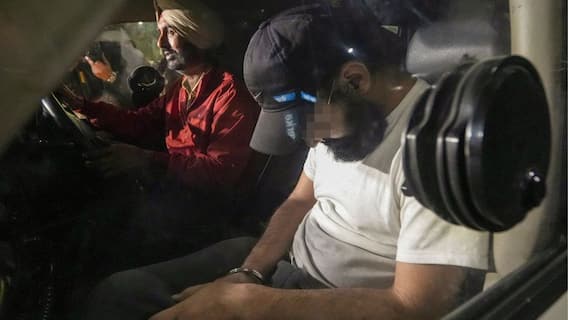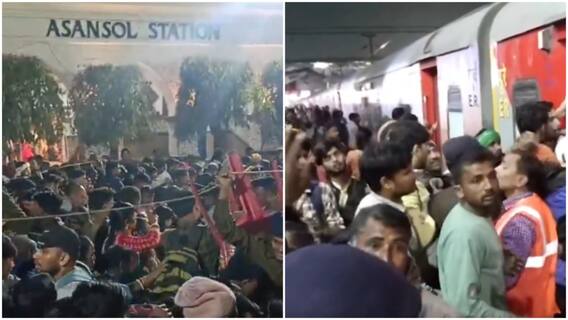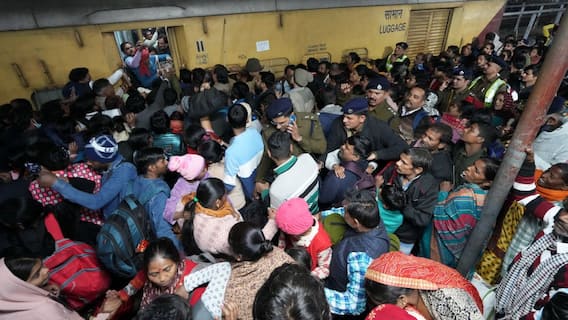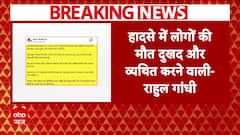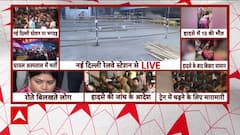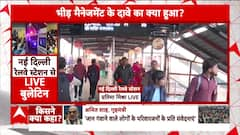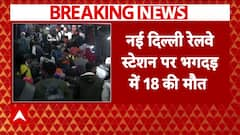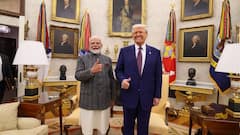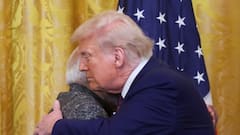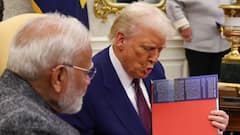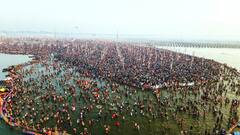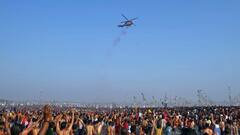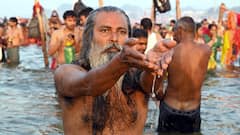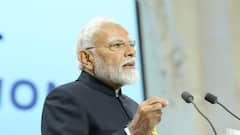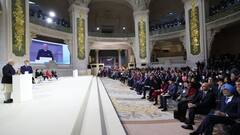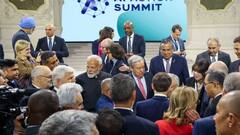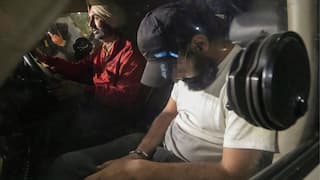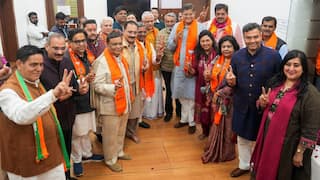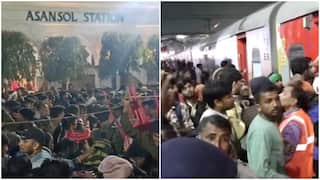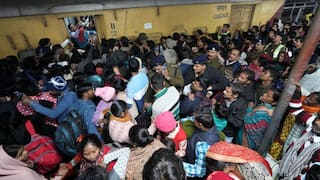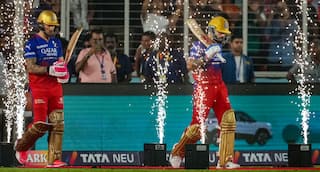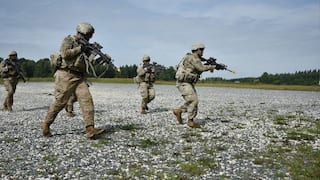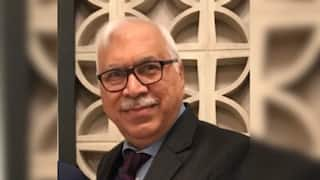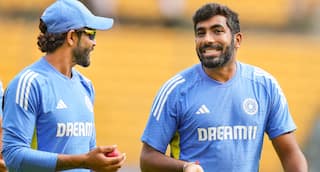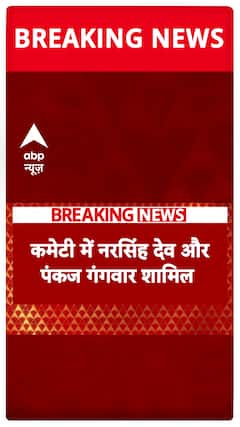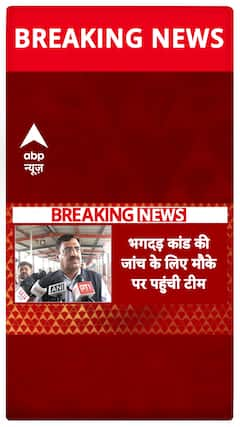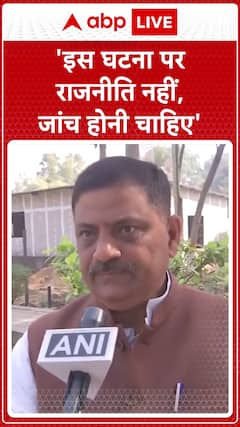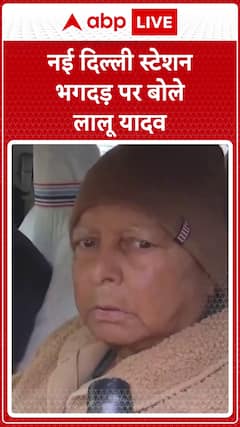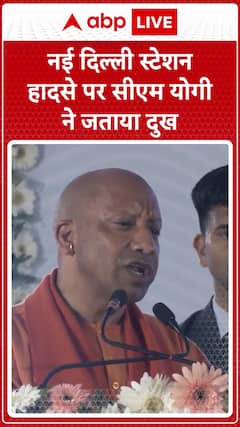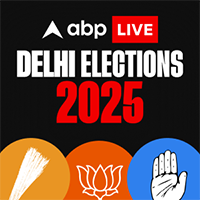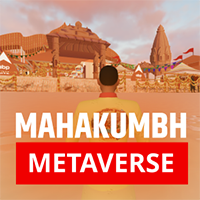'Concerned About National Security, Threats Emanating From Canadian Citizens': Indian Envoy To Canada Sanjay Verma
Indian envoy to Canada Sanjay Kumar Verma stated during an event in Montreal that "Indians will decide what will happen to India" and not foreigners.

Amid the escalating tensions between India and Canada and a day after India slammed Canada for "celebrating violence in a civilised society," the High Commissioner of India to Canada, Sanjay Kumar Verma on Tuesday commented on the relationship between the two countries saying that the "decade-old issues" have resurfaced now with "unfortunate crimes and threats emerging from Canada".
While speaking at an event in Montreal, the Indian envoy stated that "Indians will decide what will happen to India" and not foreigners.
Verma also spoke about the discussions being carried out between India and Canada at the government level, which he stated is happening through the diplomatic channels. "These channels are not open to the public and they are trying to find solutions and resolutions to the issues of concern on both sides. And the way in which it is moving, I think it will come to both sides to see the virtue of resolving the issues, satisfying the concerns of both sides," the Indian Envoy stated.
Highlighting his concern pertaining to the national security and "threats emanating from the land of Canada," he said: "These threats are largely emanating from the Canadian citizens. We are ready to sit down on the table any day, and we are doing that. And, we are trying to resolve this issue."
Verma, further went on to remark on the current state of ties between Ottawa and New Delhi saying, "When we call two countries in bilateral relations as partners, strategic partners, friends, we expect both the countries to understand each other's perspectives, each other's concerns respect the cultural diversity of each other."
The Indian envoy then went on to say that "Unfortunately, there have been issues, decades-old issues that have resurfaced, re-emerged and there have been unfortunate crimes wherein those who are currently Canadian citizens, largely have their origin in India."
Verma further stated that if the Indians living abroad want to decide the fate of India, they should return and participate in the ongoing election process.
"Every five years, India goes through an election process at the national level, almost every five years. Similarly, states, which are provinces, as we call them here, in India also go through similar exercises," he added.
The Indian envoy also noted that the concept of dual nationality does not exist in India, as a result of which when someone is given Canadian citizenship, that person is techncially a foreigner for India.
Stressing how the Indian-origin people who are now Canadians are foreigners for India, Verma said: "So therefore, if someone becomes a Canadian citizen or citizen of any other country, he or she is no longer an Indian citizen. So for us, technically the person is a foreigner. So the foreigners having, if I can call it, an evil eye on the territorial integrity of India, that is a big red line for us."
Verma's remarks in the Montreal event are the first since the three Indian nationals were arrested in Canada by the Royal Canadian Mounted Police (RCMP) in connection with Sikh separatist leader Hardeep Singh Nijjar's killing.
The Ministry of External Affairs on May 7 condemned the float used in the Nagar Kirtan parade organised by the Ontario Gurudwara Committee (OGC) in Ontario and stressing that "celebration and glorification of violence" shouldn't be accepted in a civilised society. During the parade, Khalistani supporters also chanted "anti-India slogans."
The MEA also flagged its concerns about Indian diplomats' security in Canada, expecting the Justin Trudeau government to ensure "they carry out their responsibilities without fear."
MEA spokesperson Randhir Jaiswal had also called upon the Canadian government to stop providing a safe haven to criminals in their country.
Trending News
Top Headlines










